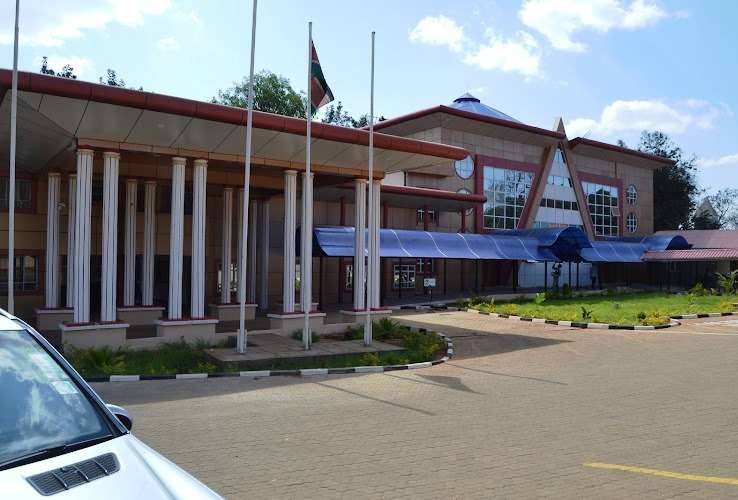By The Weekly Vision News Desk
In a bold new directive that has caught many city residents off guard, the Nairobi City County Government has announced that it will now arrest not only hawkers operating in unauthorised areas, but also the customers who buy from them.
To unlock the full article:
Choose one of the options below:
- Ksh 10 – This article only
- Ksh 300 – Monthly subscription
- Ksh 2340 – Yearly subscription (10% off)
The fresh order, unveiled by Environment Chief Officer Geoffrey Mosiria, signals the county’s renewed commitment to restoring order, cleanliness, and public safety in the capital, particularly within the Central Business District (CBD). But it also presents a stern warning to unsuspecting Nairobians: your next roadside purchase could cost you your freedom.

“We are stepping up enforcement efforts to ensure compliance. Going forward, we will not only target hawkers operating in undesignated areas but also individuals buying from them, as they are aiding and abetting this illegality,” Mosiria stated.
Under the Nairobi City County Public Nuisance Act, customers of illegal street vendors are now deemed complicit in fostering unlawful activity and can face prosecution. In simple terms, buying a boiled egg, roasted maize, or a mobile phone accessory from a roadside hawker in an unauthorised zone could lead to your arrest, prosecution and possible conviction.
The move comes as part of a larger initiative to reclaim pedestrian walkways, unclog traffic corridors, and improve public hygiene. Hawkers have long been accused of obstructing footpaths, creating litter, and contributing to unregulated food and product markets. Despite the allocation of designated back lanes for street vending, many hawkers continue to encroach on busy walkways and intersections. This not only inconveniences residents but also endangers public safety,” Mosiria added.
This latest directive follows a June 2025 order targeting tea and coffee vendors who serve drinks in disposable containers without providing bins, an action linked to blocked drainage systems and flooding during rainy seasons.
The County has also imposed a ban on hawking along key roads, including Moi Avenue, Haile Selassie Avenue, Latema Road, and River Road. Meanwhile, designated vending zones such as the back lanes between Tom Mboya Street and Kirinyaga Road have largely been ignored by traders.
Efforts to relocate hawkers to the Kangundo Road Market have faced stiff resistance, often culminating in protests. Successive city administrations have failed to find a lasting solution to the hawker menace, with previous governors like Evans Kidero and Mike Sonko offering promises that ultimately fell flat.
Despite infrastructure upgrades worth KSh 8.7 billion, funded in part by the U.S. government, to improve walkways and cycle lanes, hawkers continue to take over the very spaces meant to ease urban congestion.
The Nairobi County Government has now made it clear: both sellers and buyers found transacting in unauthorised locations risk arrest, confiscation of goods, and legal action.
“The general public is asked to take note that anyone contravening this notice will be prosecuted under Nairobi City County Government law,” the County warned in a public notice. Mosiria cited global cities like Singapore and Kigali as examples where similar crackdowns have helped reclaim public spaces and enforce civic discipline.
With enforcement expected to begin immediately, Nairobians are urged to exercise caution and avoid buying from hawkers operating in illegal zones, lest they find themselves behind bars for what may seem like an innocent act.
[/full]




